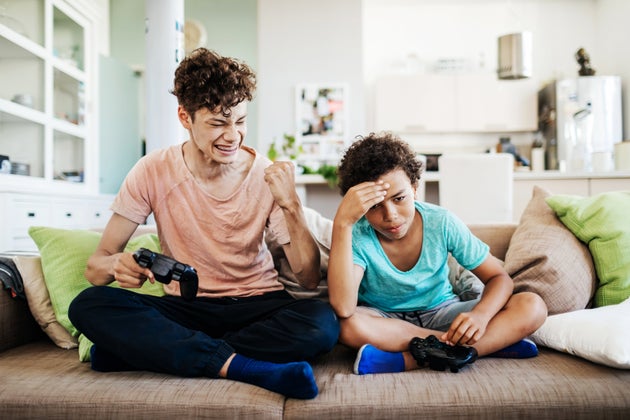
!function(n){if(!window.cnx){window.cnx={},window.cnx.cmd=[];var t=n.createElement('iframe');t.display='none',t.onload=function(){var n=t.contentWindow.document,c=n.createElement('script');c.src='//cd.connatix.com/connatix.player.js',c.setAttribute('async','1'),c.setAttribute('type','text/javascript'),n.body.appendChild(c)},n.head.appendChild(t)}}(document);(new Image()).src = 'https://capi.connatix.com/tr/si?token=ff7fdddc-5441-4253-abc4-f12a33fad58b';cnx.cmd.push(function(){cnx({"playerId":"ff7fdddc-5441-4253-abc4-f12a33fad58b","mediaId":"e8f324a1-ce11-4c36-a5ec-09ee8c984478"}).render("6800d2bde4b05e91f0d8d956");});Sibling relationships are complicated, and I’m not just referring to the incestuous overtones in Season 3 of “The White Lotus.”Sometimes, one sibling can be overshadowed by their more outgoing or successful siblings, making them feel lacking. Sasha from the Netflix series “Nobody Wants This” implies this when referring to himself and a friend as the “loser siblings” of their families.Having a sibling can feel like a zero-sum game of winners and losers. And though it might seem harmless to joke about being a “loser sibling,” there are consequences that come along with internalising this label. “Childhood labels and favoritism have a huge impact on identity development and how adults continue to see themselves in the world,” said Charlynn Ruan, a l
Full Story